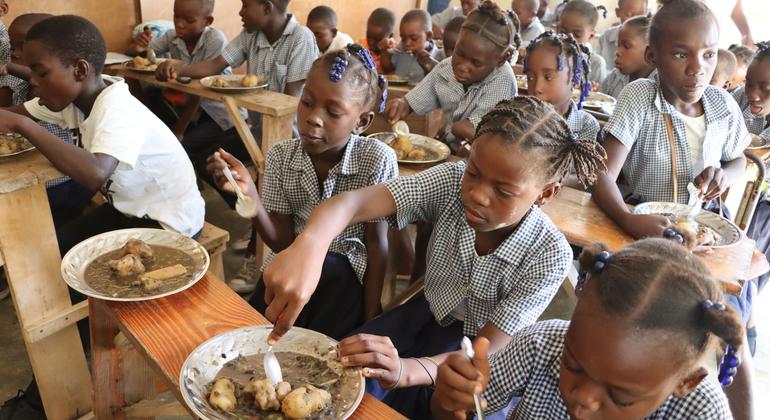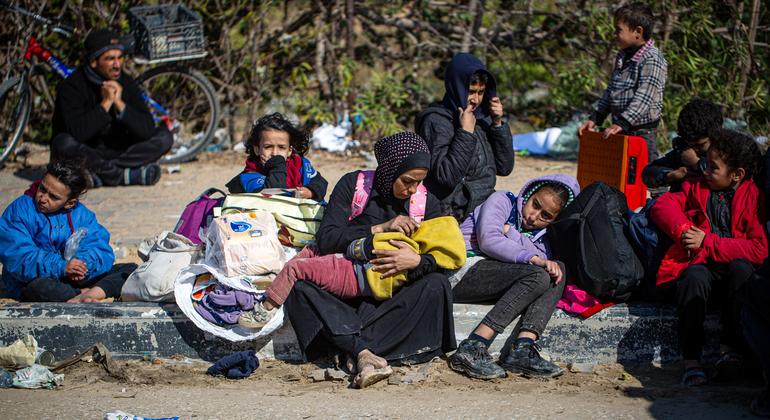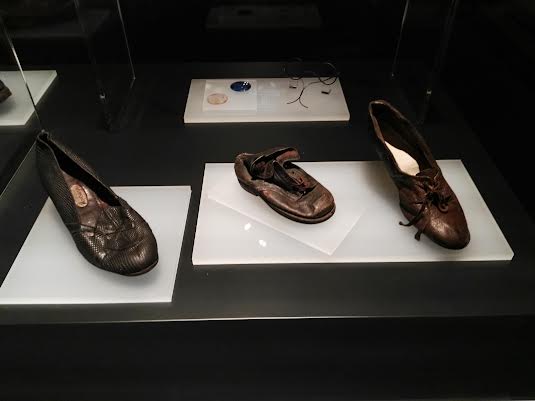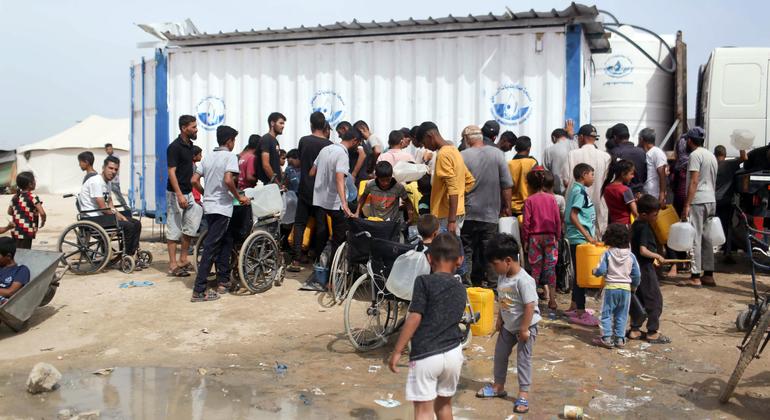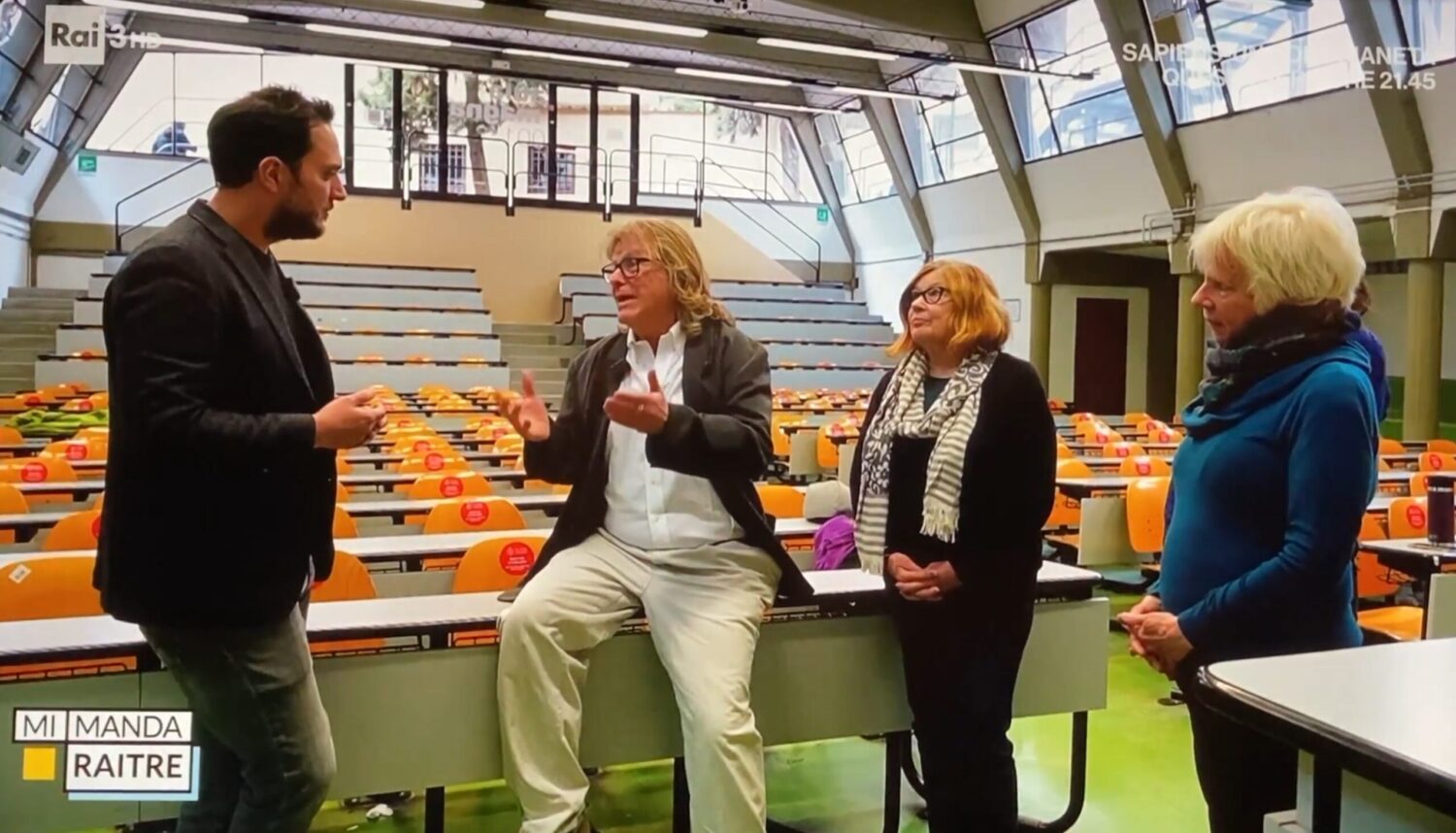The experts detailed the far-reaching impacts of the violence and lawlessness that has led to chaos across the capital, Port-au-Prince, and other areas under gang control this year.
“The outbreak of violence in Haiti has resulted in loss of livelihoods and food insecurity, widespread and multiple displacement, the collapse of education, breakdown of healthcare and other essential services,” they said.
The Human Rights Council-appointed experts also pointed to the near total lack of access to justice due to fear of reprisals and the collapse of the economy.
‘Tactic to instil fear’
Particularly alarming is the use of sexual violence by criminal gangs, which is employed as a tactic to instil fear, control territories, extort money and punish communities.
“Internally displaced women and girls who live in inadequate and precarious displacement sites are particularly vulnerable to sexual violence,” they said, warning of a sharp rise in trafficking them for purposes of sexual exploitation and sexual slavery.
They also voiced concern over the Haitian authorities’ failure to protect vulnerable populations as well as being “actively complicit” in gang activities.
“Haiti must return to democratic and constitutional governance based on the principles of respect for human rights, transparency and accountability,” the experts urged.
The experts, who serve in their individual capacity independent of the UN or any national government, called on the criminal gangs to put an immediate end to all forms of gender-based violence.
Deadly rains continue pounding East Africa
Hundreds of thousands of lives have been impacted by recent heavy rainfall and massive floods in parts of Eastern Africa as the UN continues to offer support to governments across the region.
Reports from the Office for the Coordination of Humanitarian Affairs (OCHA) indicate that close to 750,000 people are affected by the rains and floods, with 234,000 displaced.
Last week, UN Secretary-General António Guterres said he was deeply distressed over the loss of life due to heavy flooding in Burundi, Kenya, Somalia, Tanzania and other parts of East Africa.
Cholera risk in Somalia worsens
The rains have affected more than 160,000 civilians in Somalia leaving 37,000 displaced. UN partners estimate that up to 770,000 Somalis could be impacted overall, exacerbating the ongoing cholera epidemic there, said UN Spokesperson Stéphane Dujarric, briefing reporters in New York on Monday.
In Kenya, local authorities warned that over 285,000 lives have been affected so far, with more than 200 reported deaths. In Burundi, more than 180,000 people were impacted. Additionally, dozens of Rwandans have been killed or injured due to the rains and floods.
The UN and its partners continue to support these Eastern African countries through flood response plans, evacuation efforts and healthcare, including psychosocial support.
Namibia: Praise for efforts to end mother-to-child transmission of HIV
Namibia has become the first country in Africa and the first high-burden country in the world to reach a key milestone in eliminating mother-to-child transmission of both HIV and hepatitis B, the World Health Organization (WHO) announced on Monday.
WHO has awarded the southern African country “silver tier” status for progress on reducing hepatitis B and “bronze tier” for progress on HIV, in line with its triple elimination initiative to protect the health of mothers and children that also includes ending syphilis infections.
‘Landmark achievement’
The UN agency certifies a country with silver tier status when 50 per cent or more of all newborns are given the hepatitis B vaccine. Bronze certification is awarded when mother-to-child transmission of HIV has been reduced to less than five per cent.
“This is a landmark achievement by Namibia that demonstrates the lifesaving possibilities of committed political leadership and effective implementation of public health priorities,” said Dr. Matshidiso Moeti, WHO regional director for Africa.
WHO’s initiative promotes an end to mother-to-child transmission of HIV, syphilis and hepatitis B by encouraging countries to integrate services.
“Namibia has met this milestone by taking a truly integrated approach to the HIV response from early on,” said Etleva Kadilli, UN Children’s Fund (UNICEF) regional director for Eastern and Southern Africa.
“The country has not addressed HIV in isolation as a single disease, but as part of a broader health and development agenda, encompassing maternal and child health for all.”



